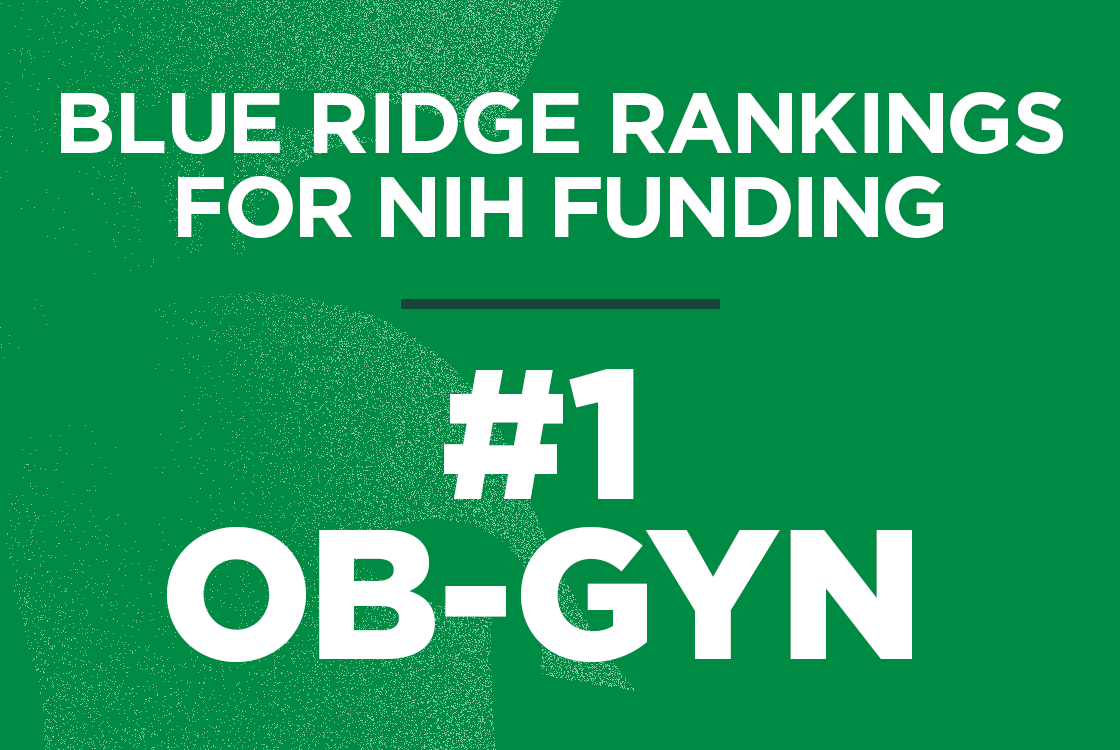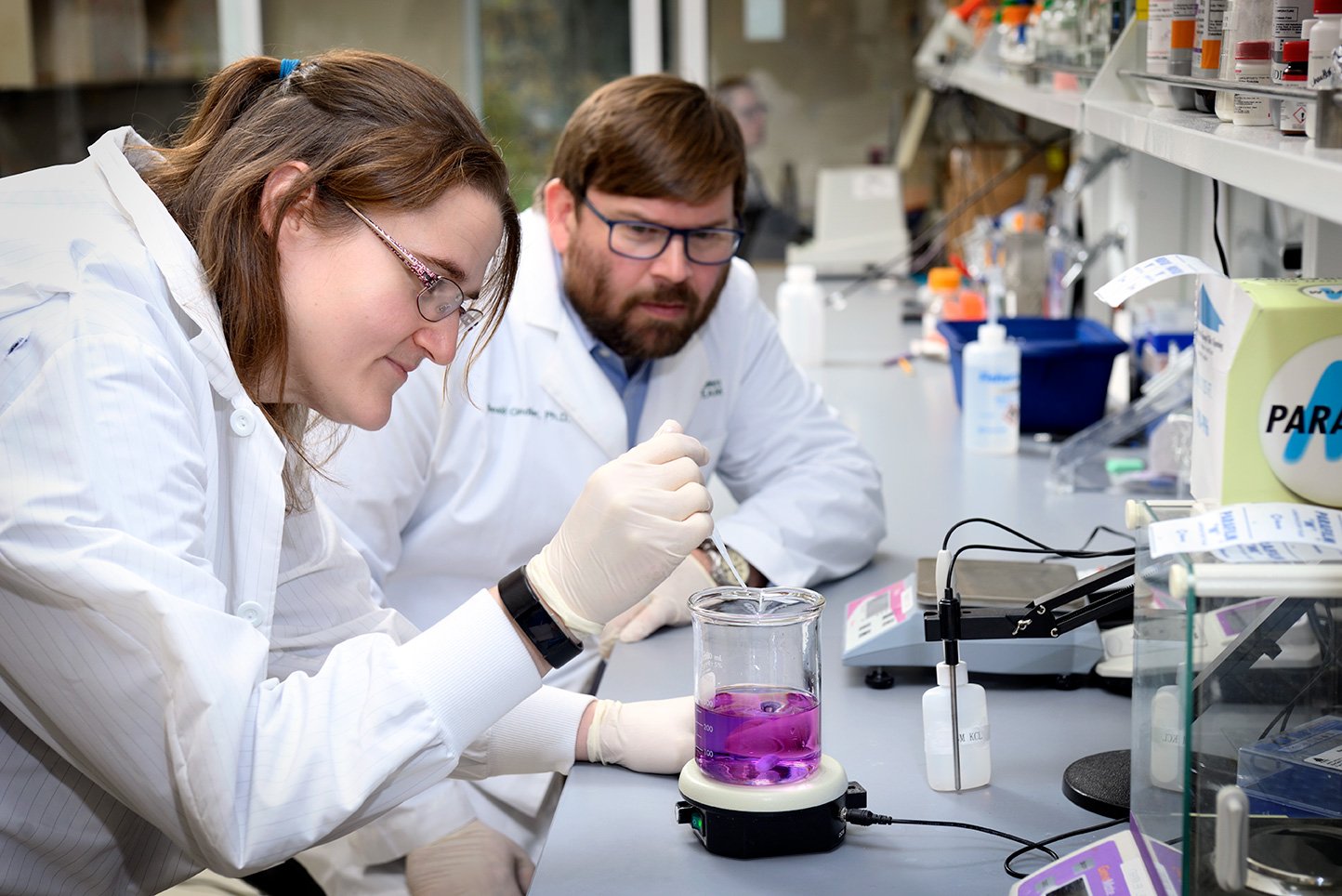A Letter From Our Chair
Our vision for the Department of Obstetrics, Gynecology and Reproductive Biology at the Michigan State University College of Human Medicine is to be the leader in the clinical translation of cutting edge innovation and research to improve the health of the patients and communities that we serve.
Richard E. Leach, M.D., FACOG, FACS
Professor and Chair
#1 OBGYN Funded Department
The College of Human Medicine Department of Obstetrics, Gynecology and Reproductive Biology ranked number one in funding from the National Institutes of Health (NIH) in 2023, according to the new Blue Ridge Institute for Medical Research report.
Research
A vibrant research program that continues to grow in stature. Faculty are actively involved in basic research with an overall emphasis in translational research focused on benign and malignant gynepathologies, as well as social and community based research.
Latest News
Bruce Drukker Endowed Award of Excellence in Obstetrics and Gynecology
Congratulations to Ashley Caron, MD candidate 2025, who is this year’s recipient of the Bruce Drukker Endowed Award of Excellence in Obstetrics and Gynecology.
MSU researchers make progress toward non-hormonal treatment for endometriosis
Roughly 200 million women around the world suffer from endometriosis, a condition that causes tissue from the lining of the uterus to grow in places outside of the uterus. The condition can be exceptionally painful and contributes to infertility.
How Medical Research Is Failing Woman
Kate Womersley was a medical student at Cambridge university, nervously dissecting her first cadaver, when she noticed an odd lacuna in her anatomy course handbook: there was no mention of breasts.


